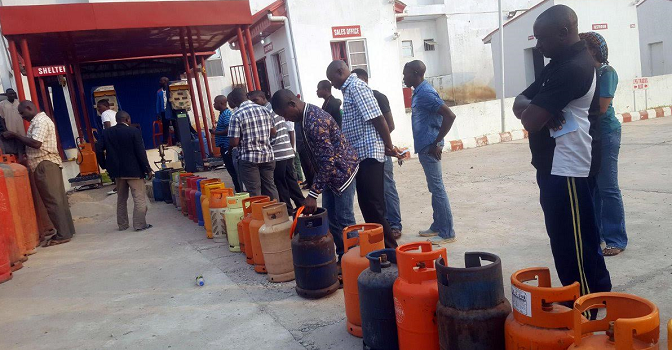In a move to address rising cooking gas prices, the Nigerian government has announced a ban on the export of Liquefied Petroleum Gas (LPG). This decision aims to increase domestic availability and potentially lead to lower prices for consumers.
Key Points:
- The export ban applies to all LPG producers in Nigeria and was communicated to key industry stakeholders on Thursday.
- The government hopes that curbing exports will boost domestic supply and drive down prices, which have seen a recent surge.
- While the total LPG consumption in Nigeria varies depending on the timeframe, data from 2022 suggests a national consumption of 1.4 million metric tonnes.
Analysis and Uncertainties:
- The effectiveness of the export ban in achieving its intended goals remains to be seen. Factors such as domestic production capacity, infrastructure limitations, and potential black market activity could influence its success.
- Critics argue that the ban could have unintended consequences, such as discouraging investment in the LPG sector and potentially harming long-term export potential.
- The impact on LPG prices will depend on various factors, including the effectiveness of enforcement, market dynamics, and potential adjustments in production levels.
Further Developments and Public Response:
- Monitoring the implementation of the ban and its impact on domestic LPG prices and availability will be crucial.
- Public response to the government’s action, particularly from industry stakeholders and consumers, will also be worth observing.

